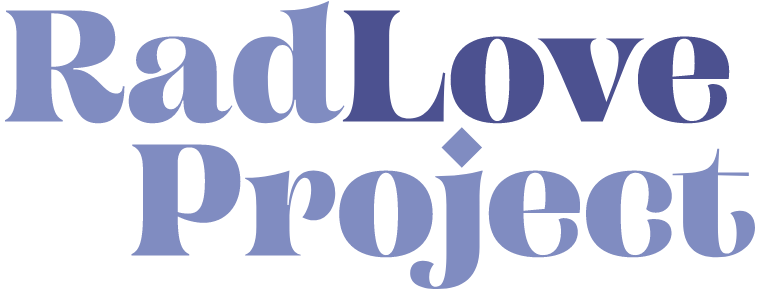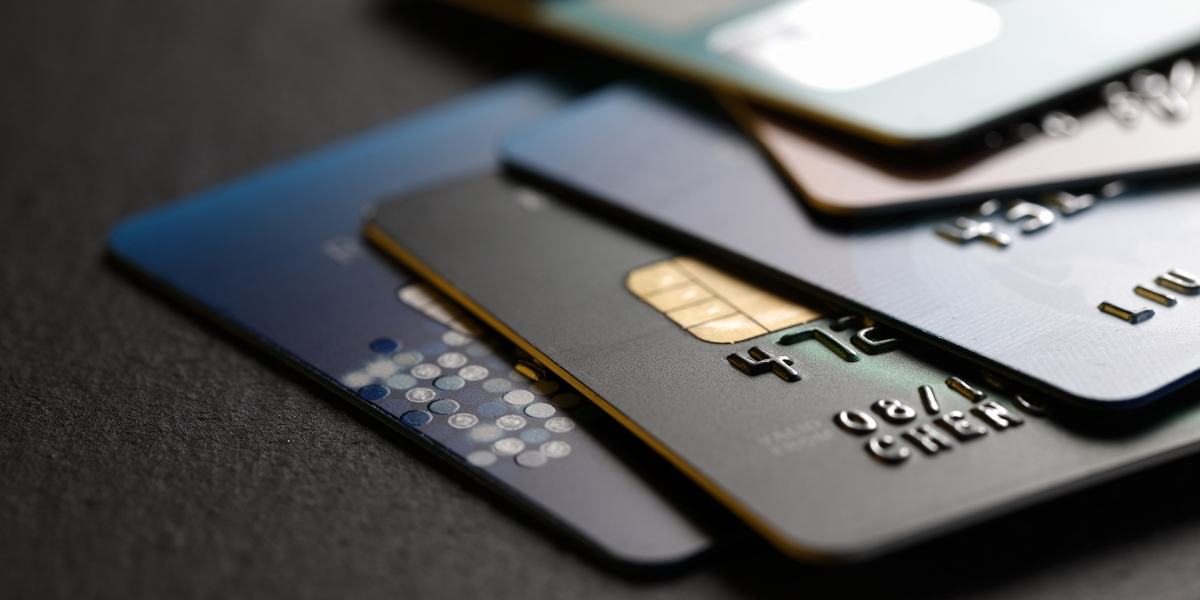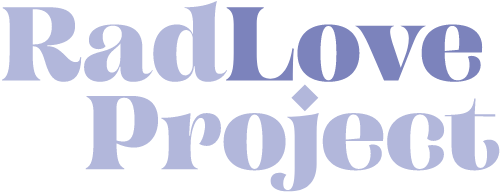In their latest action to protect the pocketbooks of everyday Americans, yesterday the Biden-Harris administration proposed new consumer protection rules around “junk” fees–hidden and bogus charges revealed after a price has already been provided–that have become prevalent in many corners of our lives, at a cost of tens of billions each year, per FTC estimates.
Via the Consumer Financial Protection Bureau, the administration has proposed a new rule that would limit the amount banks can charge account holders for overdraft protection services by removing an exemption to the 1968 Truth in Lending Act that was enacted by the Federal Reserve Board one year later.
A banking product introduced when paper checks were still prevalent, the cost and frequency of overdraft fees have skyrocketed in the era of digital transactions. Over the past 20 years, the CFPB estimates banks have charged account holders $280 billion dollars in overdraft fees, becoming such a beloved profit generator that former TCF Bank CEO Bill Cooper christened his luxury yacht Overdraft.
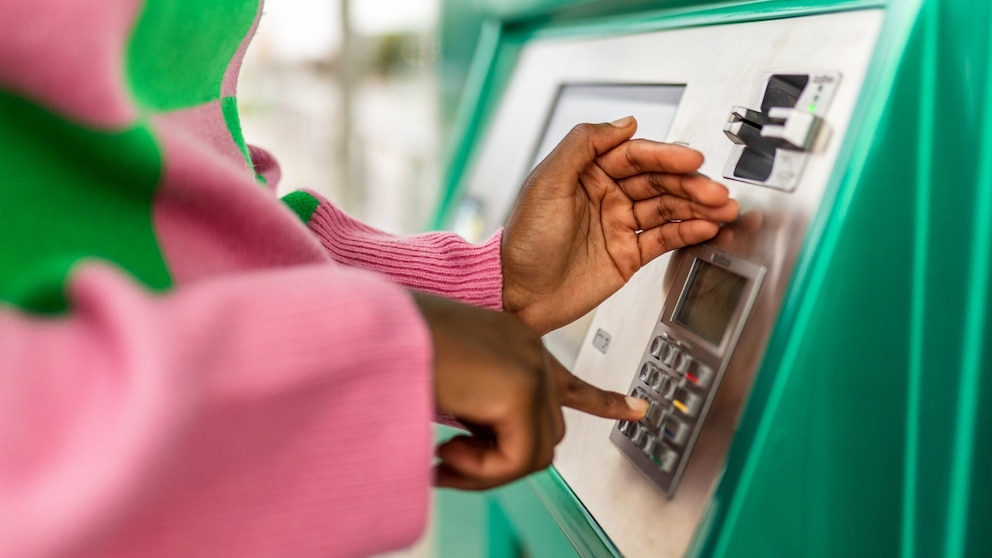
“Decades ago, overdraft loans got special treatment to make it easier to cover paper checks that were often sent through the mail. Today, we are proposing rules to close a long-standing loophole that allowed many large banks to transform overdraft into a massive junk fee harvesting machine,” said CFPB Director Rohit Chopra.
Charges for this service have ballooned rapidly in recent decades; in 1998, the average overdraft fee was $21.57, while by 2021 it had swelled to $33.58, with some banks charging fees as high as $39 per overdraft event. In recent years numerous national banks have reported overdraft-related annual income in excess of a billion dollars, while smaller banks have derived more than 20% of their earnings from overdraft penalties.
The CFPB notes that large banks with assets of at least 10 billion dollars charge an average of $35 for overdraft service, despite the majority of debit-related overdrafts being $26 or less. This translates to an annual percentage rate of approximately 16,000%. By contrast payday loans, which are widely regarded as predatory, have an average APR of 400%.
A small number of account holders accrue the vast majority of these fees; in 2017 the CFPB found that 80% of overdraft fees are incurred by 9% of banking customers. This makes the accounts of economically vulnerable consumers vastly more profitable for the banks–they produce an average profit of $700 per year, versus $57 per year for those who do not use overdraft services.
So many of us have endured unexpected and/or unavoidable overdraft charges quickly spiraling into a personal financial disaster with calamitous long-term effects, including damaged credit and becoming entirely unbanked. 23 million U.S. households pay at least one overdraft fee per year. I recall with clarity how many times in college a small purchase of food, class materials, gas, or other basic necessities ultimately cost me $50-75 or more in bank fees. Comedian/actor/screenwriter Sheri Flanders encapsulated this experience so well on X/Twitter:
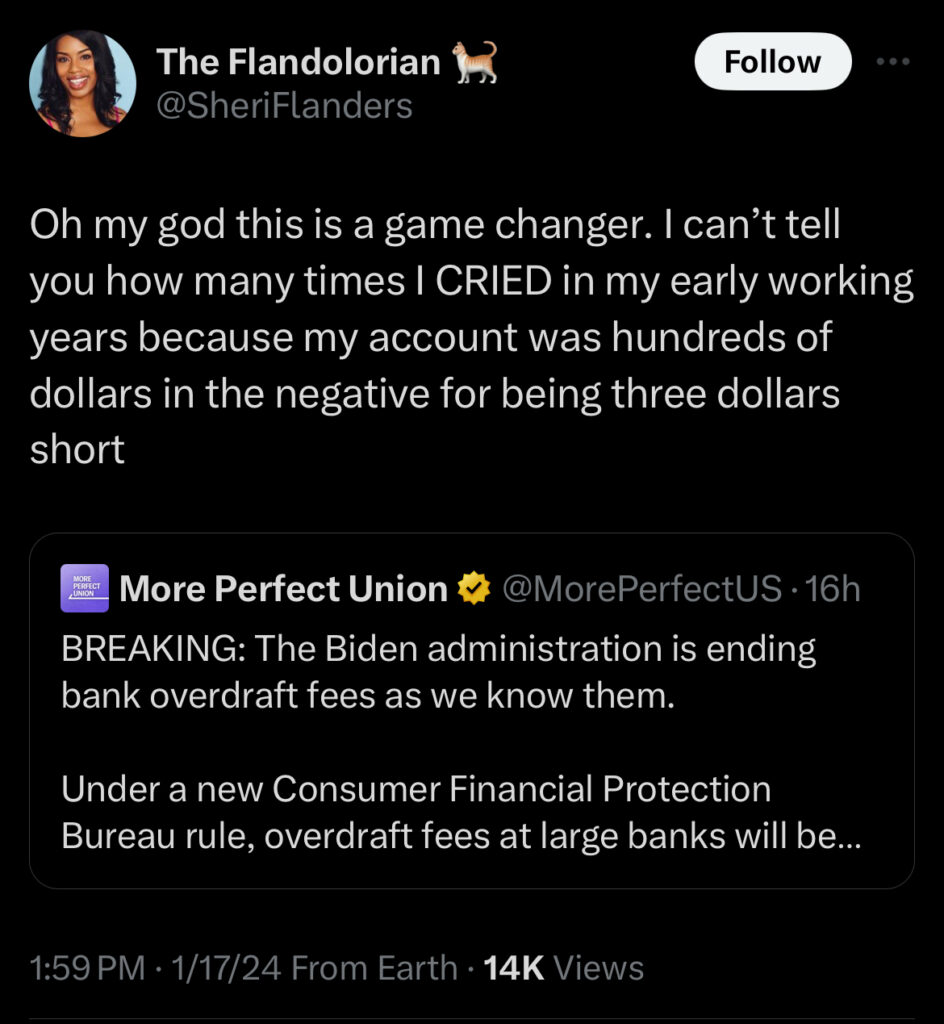
The CFPB’s proposed rule regulates overdraft protection by requiring banks to charge no more for this service than it costs to provide. Large banks have decried this task as burdensome; in the alternative, the agency has proposed an industry-wide “benchmark fee” ranging from $3 to $14 per overdraft event. The agency will accept comments on the proposed rule between now and April 1.
President Biden said in a statement “For too long, some banks have charged exorbitant overdraft fees, sometimes $30 or more, that often hit the most vulnerable Americans the hardest, all while banks pad their bottom lines. Banks call it a service–I call it exploitation.”

The CFPB has additionally worked on behalf of U.S. consumers to rein in excessive credit card late fees and stop large banks from charging their customers for providing basic customer service.
The Biden-Harris administration has also spearheaded efforts to reduce hidden junk fees charged by ticketing platforms like Ticketmaster and StubHub, ATM networks, and AirBnb and VRBO rentals by requiring them to display all fees and the complete purchase amount up front. Family seating charges from airlines and surprise out-of-network fees from medical providers are also among the administration’s efforts to protect U.S. consumers and keep our hard-earned dollars in our pockets.
These efforts follow significant action in 2023 to protect the 44 million U.S. households who rent, including:
- Commitments by major platforms like Zillow, Apartments.com, and AffordableHousing.com to provide total, upfront cost info on properties
- New research by the Department of Housing and Urban Development that establishes a national framework for addressing junk fees
- New legislation in Colorado, Rhode Island, Minnesota, Connecticut, Maine, Montana, and California to reduce application- and lease-related hidden fees
- Creation of a blueprint for a nationwide Renters Bill of Rights to ensure “access to safe, quality, accessible, and affordable housing”
- Development of a national Housing Supply Action Plan to close the housing supply gap for low- and moderate-income families in the next five years

The Biden-Harris administration continues to deliver wins for everyday Americans by preventing multinational financial corporations from nickel-and-diming our accounts with hidden, junk, surprise fees that have surreptitiously crept into every corner of our financial lives. This translates to greater housing security and financial stability, particularly for low-income communities who are most vulnerable to predatory practices.
How will these changes tangibly impact your household and personal financial wellbeing? The comments are open, we are eager to hear from you!
Join the RadLove movement and help us redefine what is possible.
Sign up for our newsletter and follow us on instagram and spoutible!
